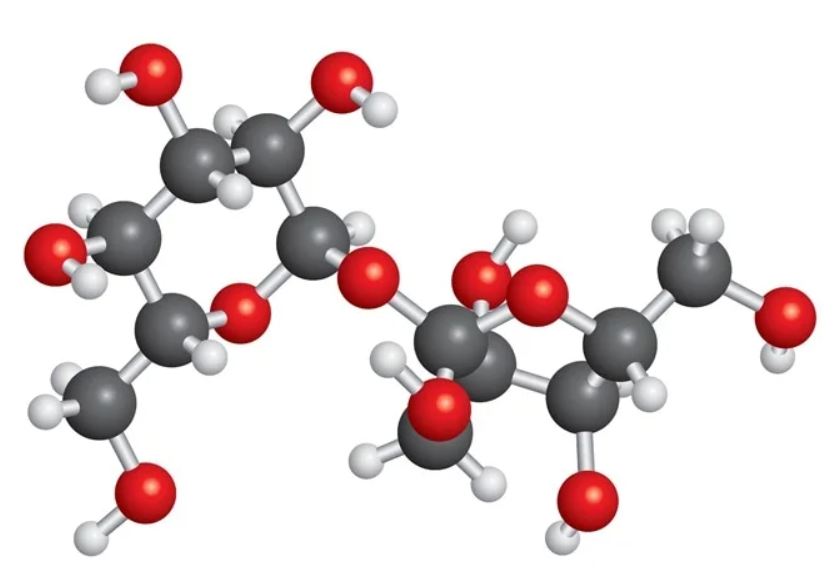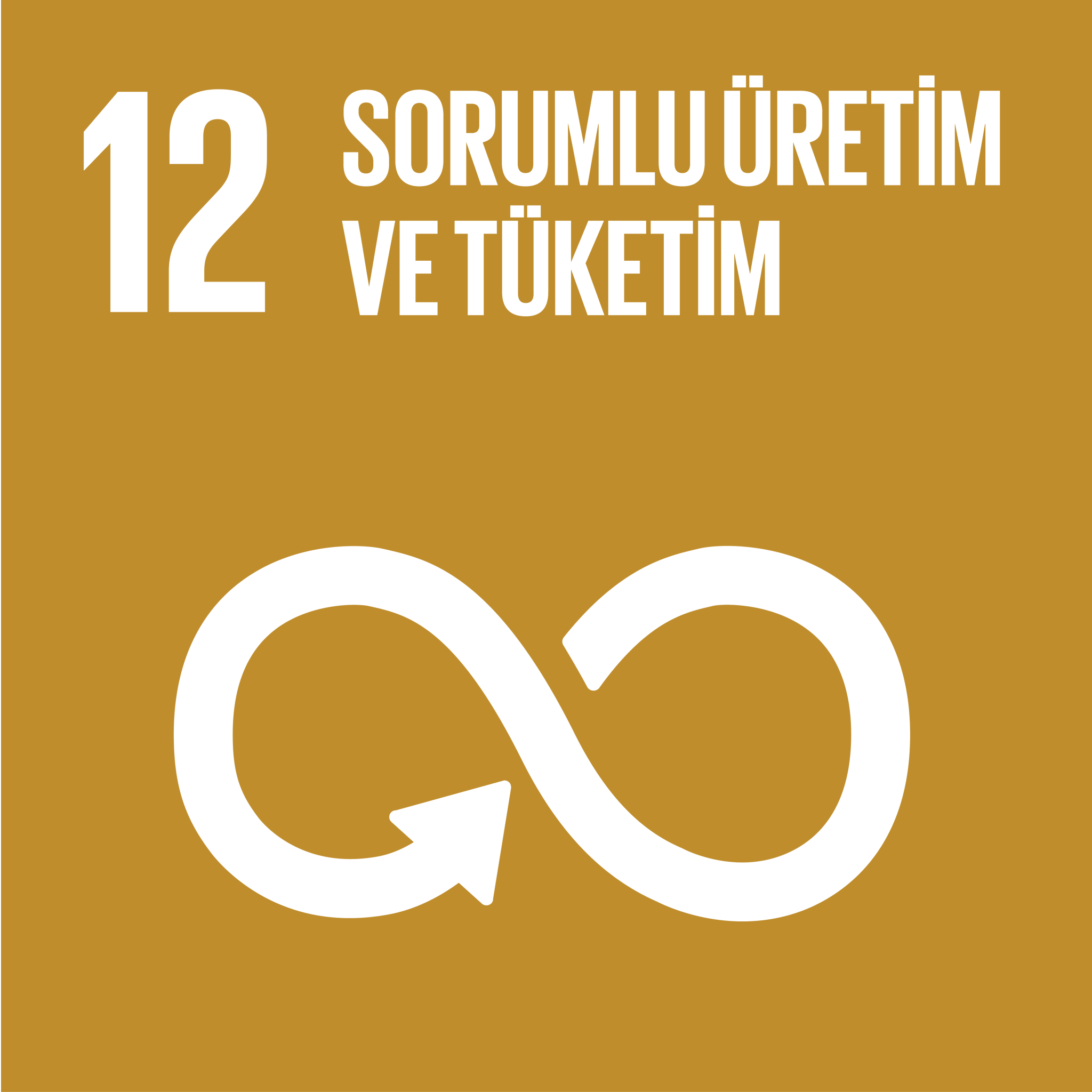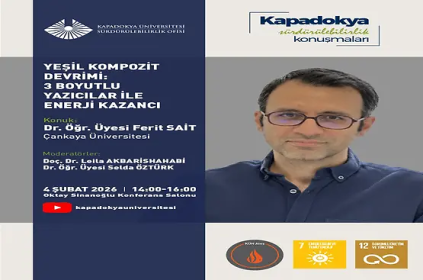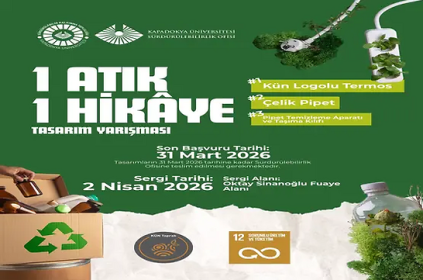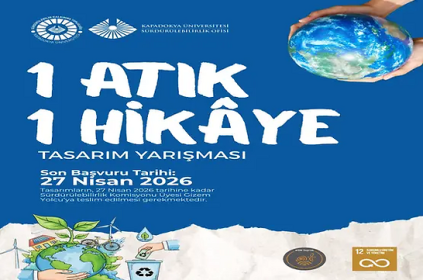Çağlar Erdem, Tuğba Işık, Nesrin Horzum, Baki Hazer ve Mustafa M. Demir tarafından kaleme alınan bu çalışma, bitkisel yağ bazlı ve metal katkılı polimerlerin elektroçekim yoluyla çevre dostu liflere dönüştürülmesini konu almaktadır. Wiley yayınevi tarafından yayımlanan ve Macromolecular Chemistry and Physics dergisinde yer alan makale, sürdürülebilir polimer üretimi, yeşil kimya ve nanomalzeme teknolojisi konularına katkı sunmaktadır.
Plastik atıkların birikimi, okyanuslarda “7. kıta” olarak adlandırılan girdap bölgelerinde büyük alanlar kaplamaktadır. Bu yüksek düzeydeki toksik plastik atık yoğunluğu deniz yaşamı üzerinde zararlı sonuçlara yol açmakta, bu nedenle petrol kökenli plastiklerin doğal kaynaklarla (en azından kısmen) değiştirilmesi gerekmektedir. Sınırlı birincil kaynaklar göz önünde bulundurulduğunda, çevresel eğilimler, malzeme üretiminde daha çevreci yöntemlerin ve hammaddelerin kullanılmasını teşvik etmektedir. Yağ asidi bazlı makroperoksit başlatıcılardan yola çıkılarak, daha az ticari kimyasal içeren ve adım adım yeşil sentez şemalarına dayanan biyolojik bazlı polimerlerin sentezi yakın gelecekte mümkün olabilir. Bu çalışmada, metal nanoparçacıklar (gümüş, platin ve altın) içeren otooksitlenmiş bitkisel yağ başlatıcıları (hint yağı, limonen ve soya yağı), vinil monomerlerin serbest radikal polimerizasyonu için kullanılmıştır. Metal yüklü ve bitkisel yağ bazlı polimerler elektrospinleme yöntemiyle işlenmiş ve kesintisiz liflerin başarılı bir şekilde üretimi sağlanmıştır. Gümüş yüklü risinoleik asit bazlı polimerler, Escherichia coli bakterisine karşı belirgin antibakteriyel aktivite göstermiştir. Bu yaklaşım, nanoparçacık içeren polimer kompozitlerinin sentezinde kullanılan başlatıcı miktarının önemli ölçüde azaltılmasını sağlarken, işlenebilirliği korumaya devam etmektedir. Elde edilen dallanmış kopolimerlerin elektrospinlenmiş nanoliflere dönüştürülmesi, bunların antibakteriyel yüzeyler için taşıyıcı malzeme olarak kullanılmasını kolaylaştırmaktadır.
Bu yayının orijinali İngilizce olarak hazırlanmıştır. Makalenin yayın açıklama sayfasını görmek için tıklayınız.
Erdem, Ç., Işık, T., Horzum, N., Hazer, B., Demir, M.M. (2022). “Elektroçekim Yöntemiyle Yağ Asidi Bazlı ve Metal İçeren Polimerlerden Çevre Dostu Liflerin Üretimi.” Makale: Macromolecular Chemistry and Physics, Cilt: 223, Sayı: 3.


